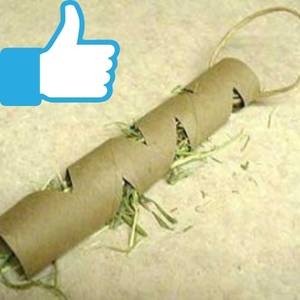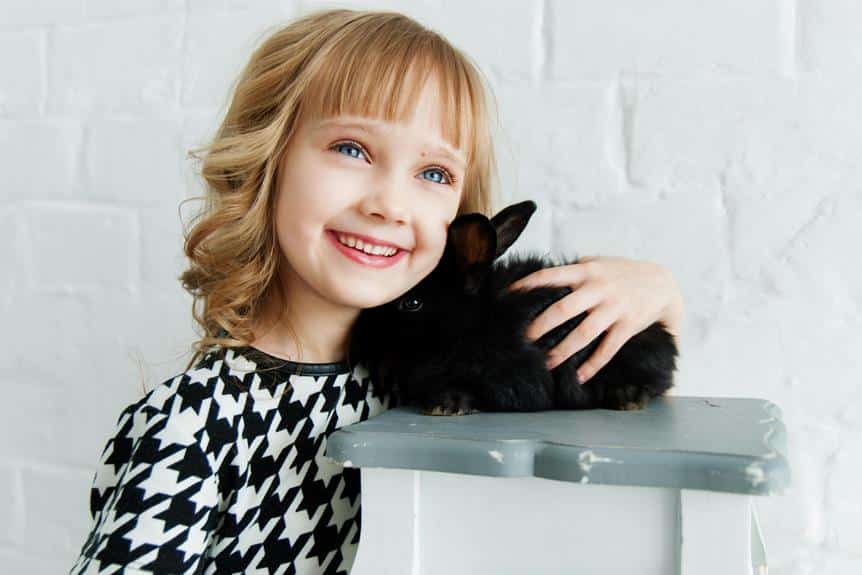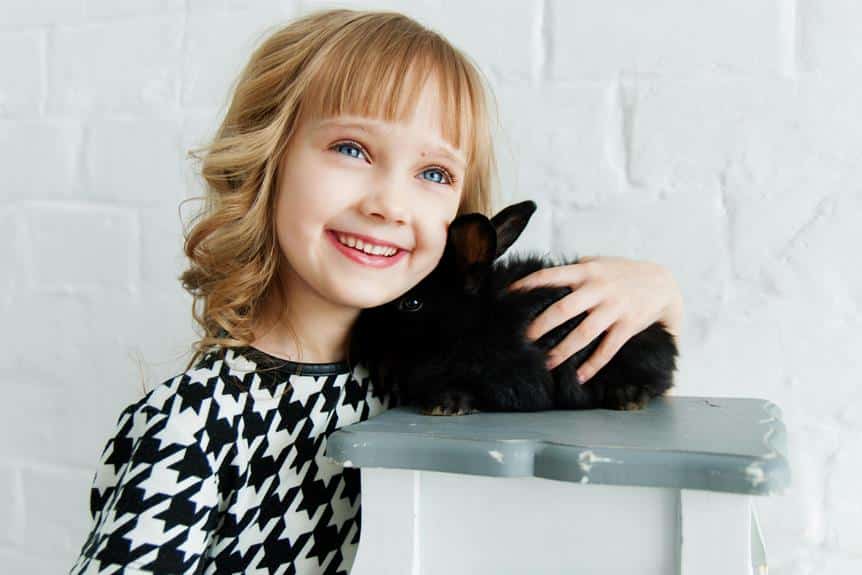Table of Contents
Introduction to Your Rabbit’s Health

Keeping a happy and healthy pet rabbit is no small feat. They are social, inquisitive creatures who demand attention and care.
While keeping your bunny happy may be easy, keeping them healthy can be more of a challenge.
Their small stature and fast metabolism make it easier for them to contract diseases. But with the right kind of care, you can help your rabbit live a longer and healthier life. Keeping your rabbit happy and healthy doesn’t need to be complicated or expensive. It’s mostly about knowing what to look out for and what steps you need to take if something seems off.
This guide will show you how to keep your rabbit happy and healthy by understanding their needs and the dangers they face in daily life.
Know the needs of your rabbit
Before getting into the nitty-gritty of keeping your rabbit healthy, you should first understand the basics of keeping your rabbit happy and healthy.
Housing
Rabbits are intelligent and social animals who thrive in living environments with friendly companions. They do best in groups of two or three, so they have friends they can play with, groom, and build a strong social bond.
A rabbit’s habitat should be large enough to allow them to stretch out, stand up on its hind legs, and hop around. Rabbits need space to play, explore and interact with their environment, so don’t crowd them.
Feeding
Feed your rabbit a diet high in fiber and low in fat. This will keep them regular, healthy, and happy. Feed them fresh greens daily, and a combination of commercial rabbit pellets and fresh hay.
Keep fresh water near their area of the habitat so they can easily drink as needed. Young rabbits, pregnant and nursing rabbits, and rabbits who are overweight should eat special diets.
Habitat
Make sure your rabbit’s habitat is a safe and happy place. Keep it stocked with toys and things for them to climb and explore. You can use ramps for your rabbit to hop up and down from their sleeping areas, boxes and blankets to hide in, and toys to chew on. You can find all these things at your local pet store for very little money.
Rabbit enrichment and exercise
Rabbits who are happy and healthy will be more active. Now, before you get all confused, we mean active in a good way.
Playing, exploring, and interacting with their environment are signs that your rabbit is happy and healthy.

Rabbits are very social creatures, and they need a lot of interaction with their human caretakers and their environment to stay happy. You can easily provide your rabbit with enrichment by placing toys in their cage and letting them explore as they like.
If you have a rabbit who is slightly more sedentary, you can also easily encourage them to move around more by getting them a harness so you can take them on walks. Rabbits are easily trained, and they love the attention and affection that comes with walking.
Feeding for health and wellness
What you feed your rabbit directly impacts their health and wellness. Feed your bunny a diet high in fiber and low in fat. This will keep them regular, healthy, and happy. Feed them fresh greens daily, and a combination of commercial rabbit pellets and fresh hay.
Young rabbits, pregnant and nursing rabbits, and rabbits who are overweight should eat special diets. To help your rabbit’s immune system stay strong, you can even add immunostimulants to their diet.
These special supplements help boost the body’s natural immunity to diseases. You can find them in commercial rabbit pellets or fresh veggies and herbs.
Grooming to keep your rabbit happy and healthy
Rabbits love to groom themselves but they can only reach a small portion of their bodies. You need to help them groom the rest. You can do this by giving them access to a wooden box or a cardboard scratcher where they can climb and groom their fur.
Rabbits are extremely susceptible to parasites, so you need to help them regularly groom their fur and reduce the chance of parasites. You can also use a special shampoo on their fur and an aqueous solution to keep their skin and fur intact. This will help keep them from getting sick from bacteria and parasites such as fleas and ticks.
A checklist for keeping your rabbit happy and healthy
– Keep your rabbit’s habitat clean and free of harmful parasites.
– Provide your rabbit with plenty of fresh hay, toys, and boxes to play with and explore.
– Feed your rabbit a diet high in fiber and low in fat.
– Keep your rabbit’s fur clean and healthy with regular grooming.
– Keep an eye out for any signs of disease or injury.
Now that you know how to keep your rabbit happy and healthy, you can keep them around for years to come.
Diseases and disorders to be aware of

Rabbits are more susceptible to certain diseases than other pets might be. While many diseases and disorders will only cause minor discomfort for your rabbit, others can cause severe damage to their health and even be fatal.
If you notice any of these signs in your rabbit, you should contact your veterinarian as soon as possible. They can help you diagnose your rabbit and take the steps needed to keep them happy and healthy.
Ear Infection
Ear infections are very common in rabbits. They can lead to pain and a foul smell emanating from your rabbit’s ears. If left untreated, they can spread to the rest of your rabbit’s body and cause serious illness.
Diarrhea
Diarrhea is a common sign of a larger issue. If your rabbit is experiencing diarrhea, it may have contracted a gastric infection or have something it ate that didn’t agree with them.
Weight Issues
While most rabbits love to eat and play, overweight rabbits are at risk for health issues such as diabetes. You can avoid this by regularly monitoring your rabbit’s weight and diet.
Tooth Abscess
Unfortunately, teeth are one of the first things to go wrong in a rabbit’s body. Tooth abscesses are painful, and they can also lead to a full-blown infection if left untreated.
Fur Loss
If your rabbit suddenly stops grooming itself, it may have mites, which cause fur loss. You can treat mites at home, but it’s best to get medical help if you suspect something more serious.
Bottom line
Keeping a happy and healthy bunny isn’t always easy, but it is possible. It’s important to make sure your rabbit has everything they need to thrive: a clean habitat, proper feeding, and plenty of enrichment.
You also need to regularly monitor your rabbit’s health. If you notice any signs of illness or injury in your rabbit, you need to get them to a veterinarian immediately. Keeping your rabbit happy and healthy doesn’t have to be complicated.
With these tips and tricks, you can give your rabbit the life they deserve.



